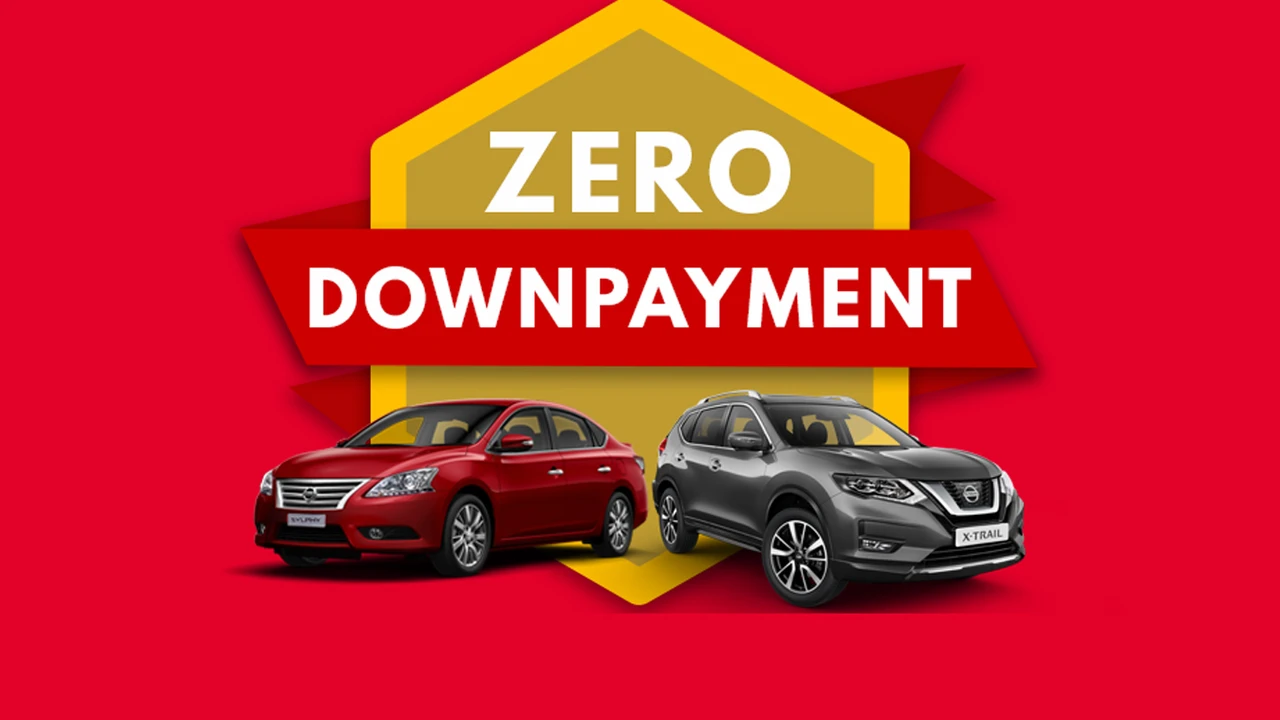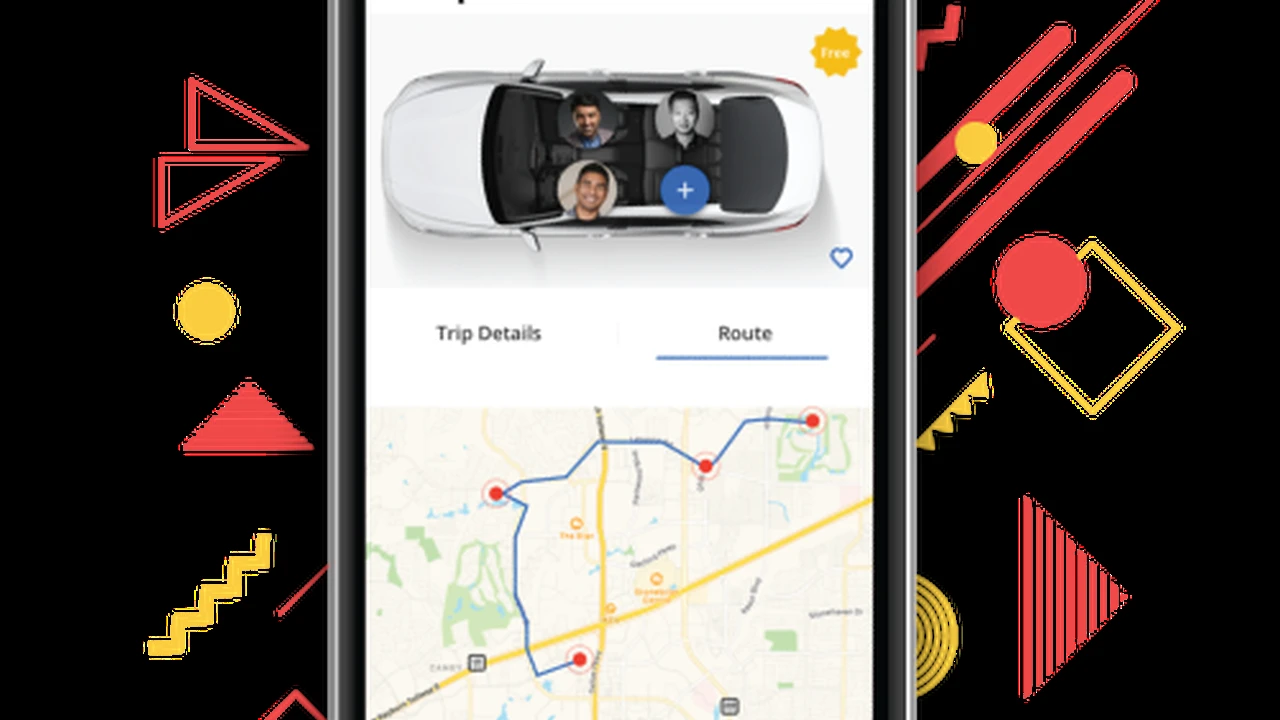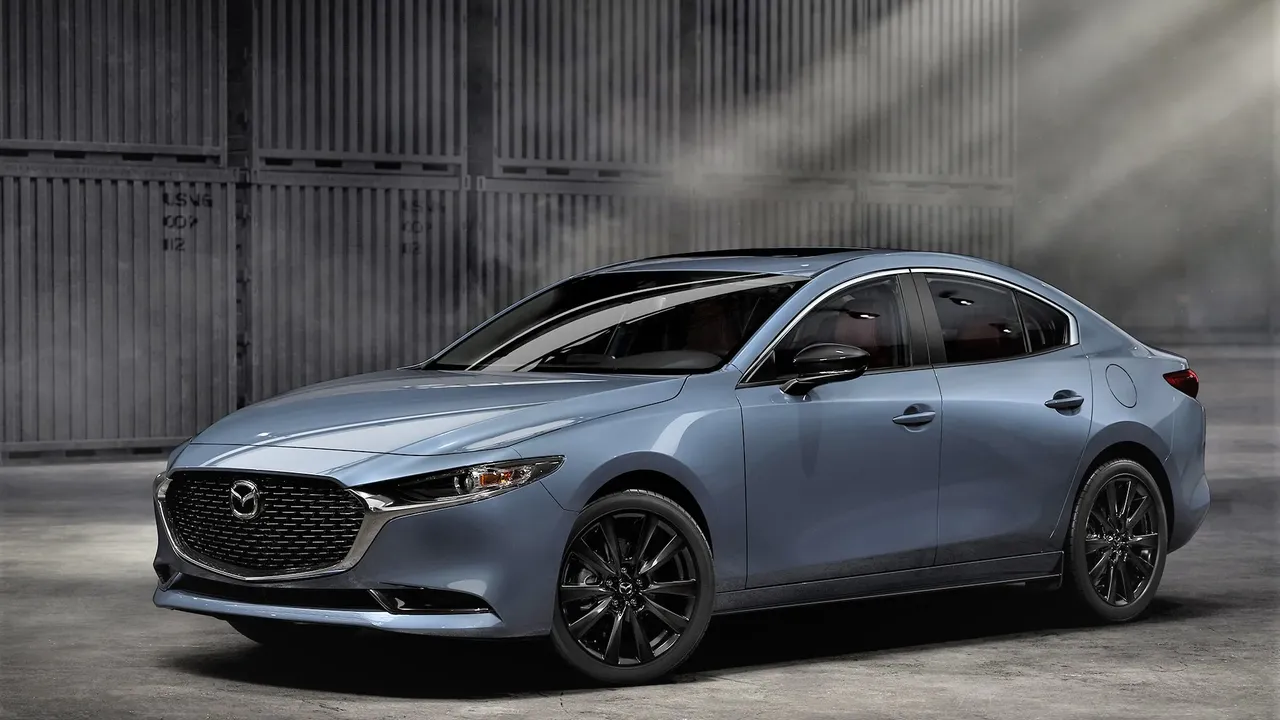Best Cars to Lease with Zero Down Payment

Zero Down Lease Deals What You Need to Know
Leasing a car can be a fantastic way to drive a new vehicle without the long-term commitment of buying. But what if you could drive off the lot without putting any money down? Sounds appealing, right? Leasing with zero down payment, also known as zero-down lease or sign-and-drive lease, is exactly what it sounds like: you lease a car without paying any initial down payment. This means you skip the hefty upfront costs usually associated with leasing, like the first month's payment, security deposit, and other fees. Instead, these costs are often rolled into your monthly payments. Sounds pretty sweet, but let's dive into the nitty-gritty to see if it's really the best option for you.
Understanding How Zero Down Car Leases Work: A Breakdown of Lease Agreements
Okay, so how does this magic work? When you lease a car traditionally, you typically pay a down payment. This down payment lowers your monthly payments because you're essentially paying off a portion of the car's depreciation upfront. With a zero-down lease, you're not putting any money down, so your monthly payments will generally be higher. Think of it like this: you're financing the entire depreciation of the car over the lease term. Here's a breakdown of what usually gets wrapped into a zero-down lease: * First Month's Payment: This is the payment for the first month of your lease. * Security Deposit: This is a refundable deposit held by the leasing company to cover any potential damages to the car at the end of the lease. * Acquisition Fee: This is a fee charged by the leasing company to initiate the lease. * Taxes and Fees: These include state and local taxes, as well as registration and documentation fees. The key takeaway is that these costs don't disappear; they're just factored into your monthly payments. So, while you're saving money upfront, you'll be paying more over the life of the lease.
The Benefits of Zero Down Leasing: Why Choose a Zero Down Car Lease?
So, why would anyone opt for a zero-down lease? Well, there are several compelling reasons: * Lower Upfront Costs: This is the biggest draw. If you're short on cash or don't want to tie up your funds in a down payment, a zero-down lease can be a lifesaver. * Budgeting Flexibility: By eliminating the down payment, you have more cash on hand for other expenses or investments. * Access to a New Car: Zero-down leases can make it easier to get into a new car, especially if you don't have a trade-in or significant savings. * Potential Tax Advantages: If you use the car for business purposes, you may be able to deduct a portion of your lease payments as a business expense. Consult with a tax professional for specific advice. However, it's crucial to weigh these benefits against the potential drawbacks.
The Drawbacks of Zero Down Leasing: Risks and Considerations for Car Leasing
While zero-down leases offer convenience, they also come with some potential downsides: * Higher Monthly Payments: As mentioned earlier, your monthly payments will be higher because you're financing the entire cost of the lease. * Higher Overall Cost: Over the life of the lease, you'll likely pay more in total interest and fees compared to a traditional lease with a down payment. * Greater Risk of Negative Equity: If you total the car early in the lease, you could owe more than the car is worth, especially if you didn't make a down payment. This is known as negative equity. Gap insurance is highly recommended with a zero-down lease to protect you in this scenario. * Limited Vehicle Selection: Not all vehicles or trims may be available with zero-down lease offers. Dealers may restrict these offers to specific models or those they're trying to move quickly. * Stricter Credit Requirements: Leasing companies may have stricter credit requirements for zero-down leases, as they're taking on more risk.
Is a Zero Down Lease Right for You? Evaluating Your Financial Situation
The decision of whether or not to pursue a zero-down lease depends on your individual circumstances. Ask yourself these questions: * What is my credit score? A good to excellent credit score will significantly increase your chances of approval and secure a better interest rate. * How much can I afford to pay each month? Calculate your monthly budget and determine how much you can comfortably allocate to car payments. * Do I have savings for a down payment? If you have savings, consider whether it's better to use them for a down payment or invest them elsewhere. * How long do I plan to keep the car? If you plan to lease for the standard term (e.g., 36 months), a zero-down lease may be a viable option. If you anticipate needing to terminate the lease early, the higher monthly payments could be more costly. * Am I comfortable with the risk of negative equity? Ensure you understand the implications of negative equity and consider purchasing gap insurance. If you're comfortable with the higher monthly payments and understand the risks, a zero-down lease can be a convenient option. However, if you can afford a down payment, it will likely save you money in the long run.
Top Cars for Zero Down Leasing: Recommended Car Models and Lease Deals
Okay, let's get to the fun part: which cars are good candidates for a zero-down lease? Keep in mind that availability and specific offers can vary greatly depending on your location, credit score, and the current incentives offered by manufacturers and dealerships. Always check with your local dealers for the most up-to-date information. Here are a few examples of cars that often have attractive lease deals, including potential zero-down options: * Honda Civic: The Civic is a consistently popular choice for its reliability, fuel efficiency, and sporty handling. Honda often offers competitive lease deals, and it's possible to find zero-down options, especially on base trim levels. Typical MSRP: $24,000 - $30,000. Ideal for: Commuting, city driving, and budget-conscious drivers. * Toyota Corolla: Similar to the Civic, the Corolla is known for its reliability and fuel efficiency. Toyota also frequently offers attractive lease deals. Typical MSRP: $23,000 - $29,000. Ideal for: Reliability-focused drivers, daily commutes, and those seeking a practical and efficient vehicle. * Hyundai Elantra: The Elantra offers a lot of value for its price, with a stylish design, a comfortable interior, and a long list of standard features. Hyundai is known for offering aggressive lease deals to attract customers. Typical MSRP: $21,000 - $27,000. Ideal for: Value-conscious buyers, those seeking a stylish and feature-rich car, and drivers who prioritize comfort. * Mazda3: If you're looking for a car that's fun to drive, the Mazda3 is a great option. It offers sporty handling, a refined interior, and a stylish exterior. Mazda lease deals can be competitive, though zero-down options may be less common. Typical MSRP: $25,000 - $32,000. Ideal for: Drivers who enjoy a sporty and engaging driving experience, those who appreciate a well-designed interior, and individuals seeking a stylish compact car. * Subaru Impreza: With standard all-wheel drive, the Impreza is a great choice for drivers who live in areas with snow or inclement weather. Subaru lease deals can be attractive, and zero-down options may be available. Typical MSRP: $23,000 - $30,000. Ideal for: Drivers who need all-wheel drive capability, those who live in areas with harsh weather conditions, and individuals seeking a safe and reliable vehicle. Remember to always compare lease offers from multiple dealerships to ensure you're getting the best possible deal.
Comparing Popular Zero Down Lease Car Options: Honda Civic vs Toyota Corolla vs Hyundai Elantra
Let's take a closer look at three of the most popular options for zero-down leases: the Honda Civic, Toyota Corolla, and Hyundai Elantra. * Honda Civic: The Civic stands out for its reputation for reliability and resale value. It generally offers a more engaging driving experience compared to the Corolla. However, lease deals can sometimes be slightly less aggressive than those offered by Toyota and Hyundai. The Civic's interior is well-designed and offers a good balance of comfort and technology. * Toyota Corolla: The Corolla excels in reliability and fuel efficiency. It's known for its comfortable ride and user-friendly features. Toyota often offers very competitive lease deals on the Corolla, making it an attractive option for budget-conscious lessees. The Corolla's interior is functional and well-built, though it may not be as stylish as the Civic or Elantra. * Hyundai Elantra: The Elantra offers a compelling combination of style, features, and value. It boasts a modern and eye-catching design, a comfortable and spacious interior, and a long list of standard features. Hyundai is known for its aggressive lease deals, making the Elantra a potentially very affordable option. Here's a quick comparison table: | Feature | Honda Civic | Toyota Corolla | Hyundai Elantra | |-------------------|--------------------|--------------------|--------------------| | Reliability | Excellent | Excellent | Good | | Fuel Efficiency | Excellent | Excellent | Good | | Driving Experience | Engaging | Comfortable | Comfortable | | Style | Modern | Functional | Stylish | | Lease Deals | Competitive | Very Competitive | Aggressive | | Interior | Well-Designed | Functional | Spacious | Ultimately, the best choice depends on your individual priorities and preferences. Test drive each car and compare lease offers to determine which one best meets your needs and budget.
Negotiating Your Zero Down Lease: Tips for Getting the Best Deal
Even with a zero-down lease, there's still room for negotiation. Here are some tips to help you get the best possible deal: * Do Your Research: Before you even step into a dealership, research the car you're interested in and the current lease deals being offered in your area. Websites like Edmunds, Kelley Blue Book, and TrueCar can provide valuable information. * Shop Around: Don't settle for the first offer you receive. Contact multiple dealerships and let them know you're shopping around for the best deal. * Negotiate the Selling Price: The selling price of the car is a key factor in determining your monthly lease payments. Try to negotiate the price down as much as possible. Focus on the MSRP and invoice price. * Question the Money Factor: The money factor is the interest rate on your lease. Ask the dealer to disclose the money factor and compare it to the market rate. You may be able to negotiate a lower money factor. * Be Aware of Hidden Fees: Watch out for hidden fees, such as excessive documentation fees or add-on packages you don't need. Negotiate to have these fees removed or reduced. * Consider a Shorter Lease Term: Shorter lease terms typically have lower monthly payments, although the total cost of the lease may be higher. * Be Prepared to Walk Away: If you're not happy with the deal, be prepared to walk away. Dealers are often more willing to negotiate if they know you're serious about leaving. * Check for Manufacturer Incentives: Many manufacturers offer incentives, such as rebates or special financing rates, that can lower your lease payments. Be sure to ask about these incentives.
Understanding Lease Terminology: Key Terms to Know Before Signing a Lease Agreement
Leasing can be confusing, so it's important to understand the key terminology: * MSRP (Manufacturer's Suggested Retail Price): The sticker price of the car. * Invoice Price: The price the dealer pays for the car from the manufacturer. * Residual Value: The estimated value of the car at the end of the lease term. * Money Factor: The interest rate on the lease. It's expressed as a decimal, but you can convert it to an annual percentage rate (APR) by multiplying it by 2400. * Acquisition Fee: A fee charged by the leasing company to initiate the lease. * Disposition Fee: A fee charged by the leasing company at the end of the lease to cover the cost of preparing the car for resale. * Excess Wear and Tear: Damage to the car beyond normal wear and tear, such as dents, scratches, or stained upholstery. You'll be charged for excess wear and tear at the end of the lease. * Mileage Allowance: The number of miles you're allowed to drive each year. You'll be charged a per-mile fee for exceeding the mileage allowance. * Gap Insurance: Insurance that covers the difference between the car's value and the amount you owe on the lease if the car is totaled or stolen.
Alternatives to Zero Down Leases: Exploring Other Financing Options for New Cars
If a zero-down lease isn't the right fit for you, consider these alternatives: * Traditional Lease with a Down Payment: Making a down payment will lower your monthly payments and reduce the risk of negative equity. * Buying with a Loan: If you plan to keep the car for a long time, buying with a loan may be a better option than leasing. * Buying a Used Car: Used cars are typically less expensive than new cars, and you may be able to find a reliable used car for a lower price. * Consider a Certified Pre-Owned (CPO) Vehicle: CPO vehicles offer a good balance of price and reliability, as they've been inspected and certified by the manufacturer. * Saving Up for a Larger Down Payment: Take some time to save up for a larger down payment on a new or used car. This will lower your monthly payments and reduce the overall cost of ownership.
:max_bytes(150000):strip_icc()/277019-baked-pork-chops-with-cream-of-mushroom-soup-DDMFS-beauty-4x3-BG-7505-5762b731cf30447d9cbbbbbf387beafa.jpg)






